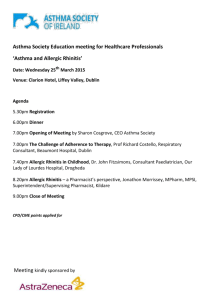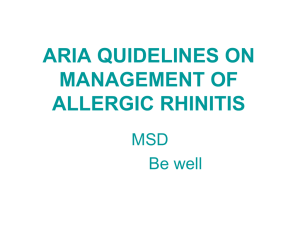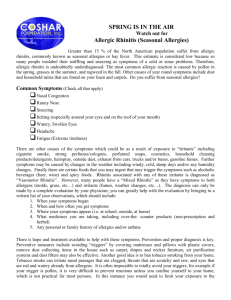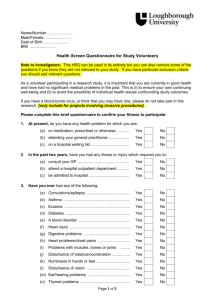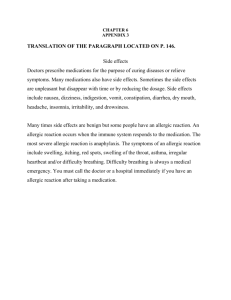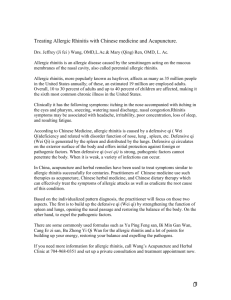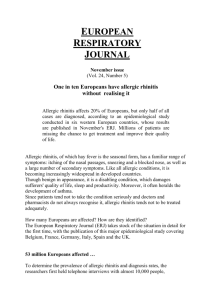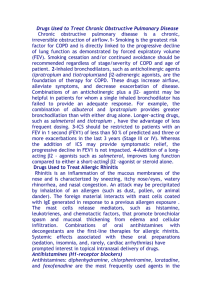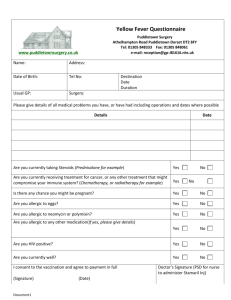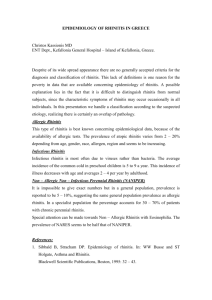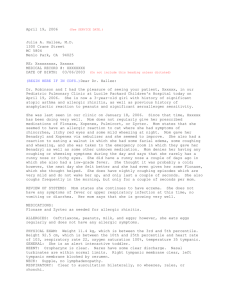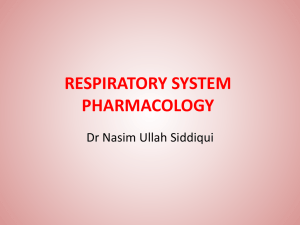Abstract ID: AC001
advertisement
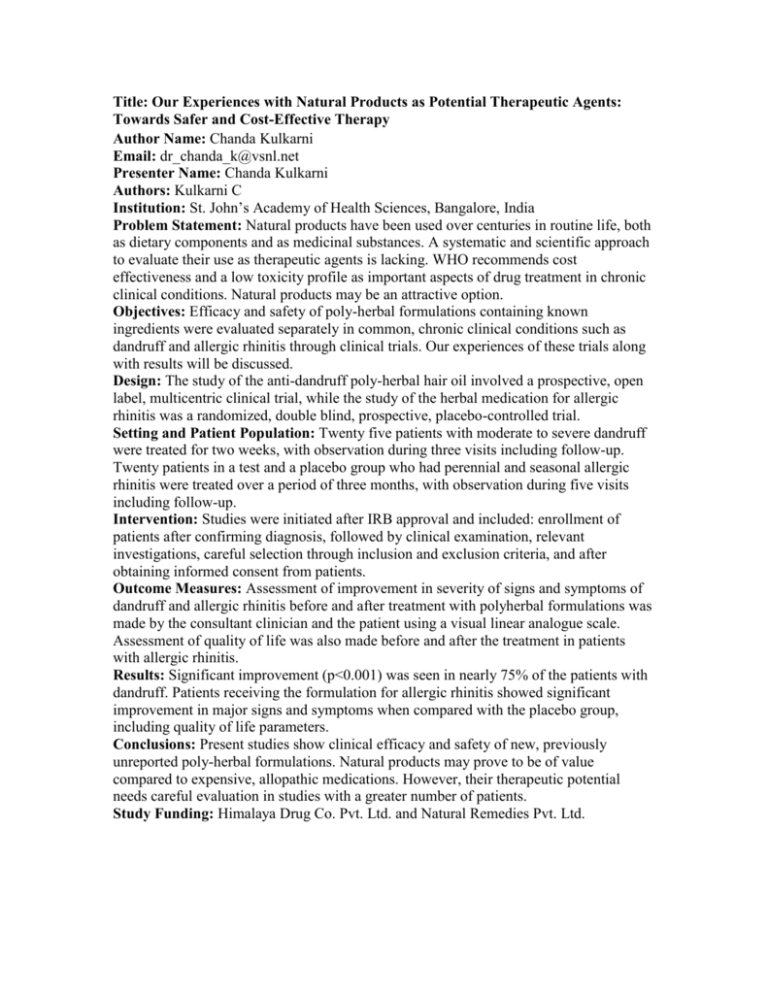
Title: Our Experiences with Natural Products as Potential Therapeutic Agents: Towards Safer and Cost-Effective Therapy Author Name: Chanda Kulkarni Email: dr_chanda_k@vsnl.net Presenter Name: Chanda Kulkarni Authors: Kulkarni C Institution: St. John’s Academy of Health Sciences, Bangalore, India Problem Statement: Natural products have been used over centuries in routine life, both as dietary components and as medicinal substances. A systematic and scientific approach to evaluate their use as therapeutic agents is lacking. WHO recommends cost effectiveness and a low toxicity profile as important aspects of drug treatment in chronic clinical conditions. Natural products may be an attractive option. Objectives: Efficacy and safety of poly-herbal formulations containing known ingredients were evaluated separately in common, chronic clinical conditions such as dandruff and allergic rhinitis through clinical trials. Our experiences of these trials along with results will be discussed. Design: The study of the anti-dandruff poly-herbal hair oil involved a prospective, open label, multicentric clinical trial, while the study of the herbal medication for allergic rhinitis was a randomized, double blind, prospective, placebo-controlled trial. Setting and Patient Population: Twenty five patients with moderate to severe dandruff were treated for two weeks, with observation during three visits including follow-up. Twenty patients in a test and a placebo group who had perennial and seasonal allergic rhinitis were treated over a period of three months, with observation during five visits including follow-up. Intervention: Studies were initiated after IRB approval and included: enrollment of patients after confirming diagnosis, followed by clinical examination, relevant investigations, careful selection through inclusion and exclusion criteria, and after obtaining informed consent from patients. Outcome Measures: Assessment of improvement in severity of signs and symptoms of dandruff and allergic rhinitis before and after treatment with polyherbal formulations was made by the consultant clinician and the patient using a visual linear analogue scale. Assessment of quality of life was also made before and after the treatment in patients with allergic rhinitis. Results: Significant improvement (p<0.001) was seen in nearly 75% of the patients with dandruff. Patients receiving the formulation for allergic rhinitis showed significant improvement in major signs and symptoms when compared with the placebo group, including quality of life parameters. Conclusions: Present studies show clinical efficacy and safety of new, previously unreported poly-herbal formulations. Natural products may prove to be of value compared to expensive, allopathic medications. However, their therapeutic potential needs careful evaluation in studies with a greater number of patients. Study Funding: Himalaya Drug Co. Pvt. Ltd. and Natural Remedies Pvt. Ltd.
